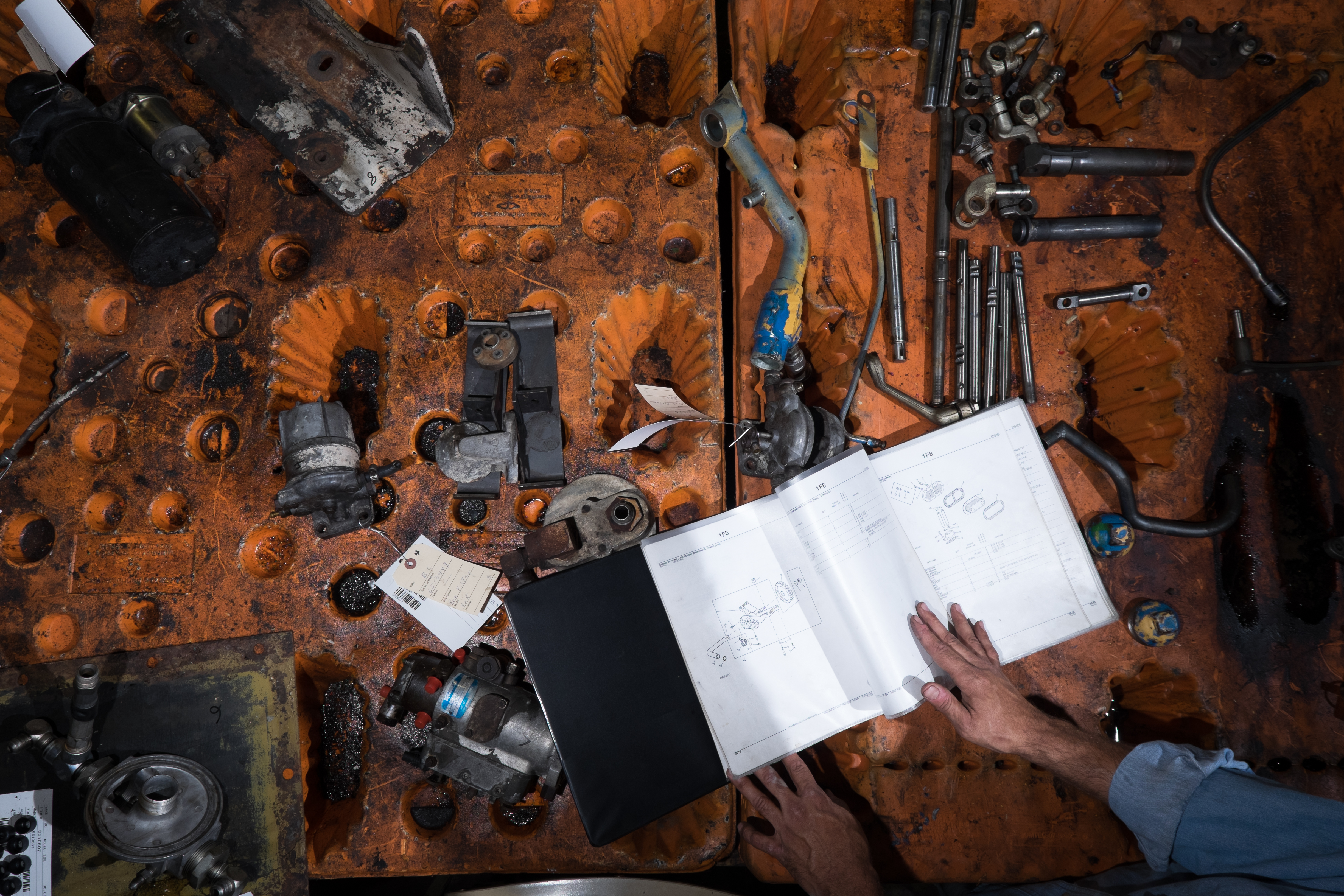How the Right-to-Repair Issue is Hurting Farmers

Recently, I took my cell phone to a nearby repair shop, hoping to get my charging port fixed at a reasonable cost. The technician took the phone apart and immediately figured out how to fix the problem – it needed an OEM replacement part.
Now, unfortunately, Apple doesn’t sell parts to independent shops like this one. The technician believed he could fix the phone for around $50 if he had the right to do so. Meanwhile, Apple estimates that this repair will cost about $300!
Consumers and repair shops across the country are facing this problem every day.
So… how does this all relate to the agriculture and construction industries?
Well, that’s because Apple is not alone in this – we are seeing the same thing in our industry from companies like John Deere, Case IH, New Holland, AGCO, and more. These manufacturers claim that purchasing their equipment only implies a license to operate the machine for its useful life.
In other words, a farmer can purchase a brand new $400,000 combine from John Deere, but the farmer doesn’t actually own that machine. And therefore, they don’t possess the right to repair that machine, and they must go directly to manufacturers for parts and repairs. This is why contractors wind up paying an arm and a leg for even a small fix.
Farmers are now required to sign End User License Agreements (EULA) to operate their machinery. EULA’s are typically reserved for software companies, but farm equipment and construction equipment manufacturers claim that they are just that – software companies – that run their technology on equipment like tractors and backhoes. Companies like Caterpillar, John Deere, and Case argue that the Digital Millennium Copyright Act gives them this right to lock down their equipment. We wrote more about this act and how it affects right to repair here.
Farmers and other consumers are starting to fight back. It is their belief that, if they have the ability to make a repair on their own, they should have the right to do so – and thus, these repairs would come cheaper and more quickly.
Leave your thoughts below!
Where do you stand on the right to repair controversy? Leave a comment below.
